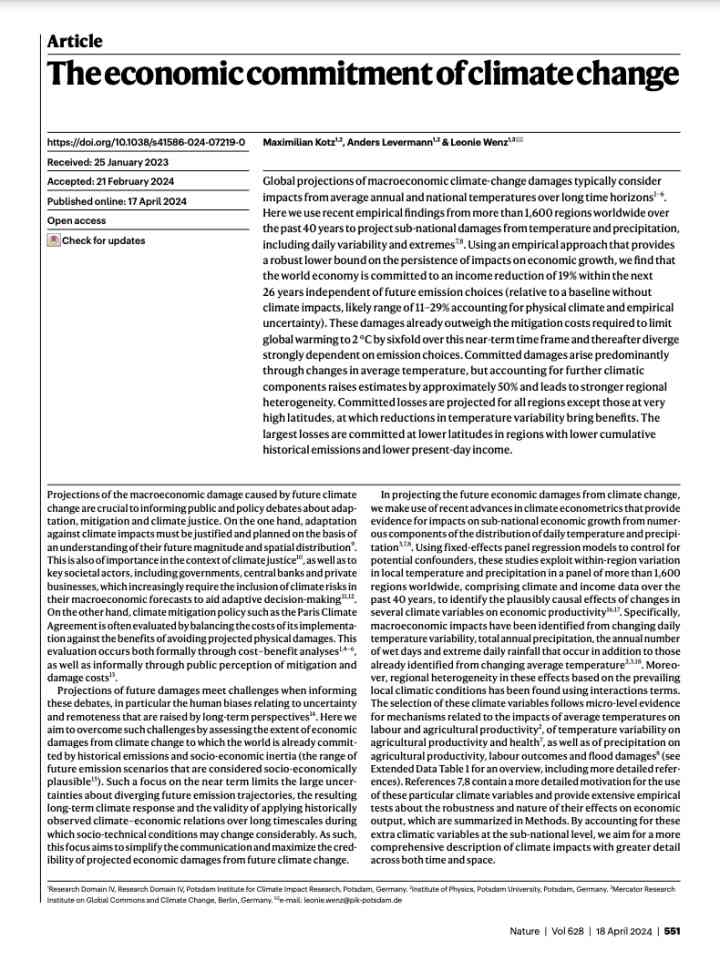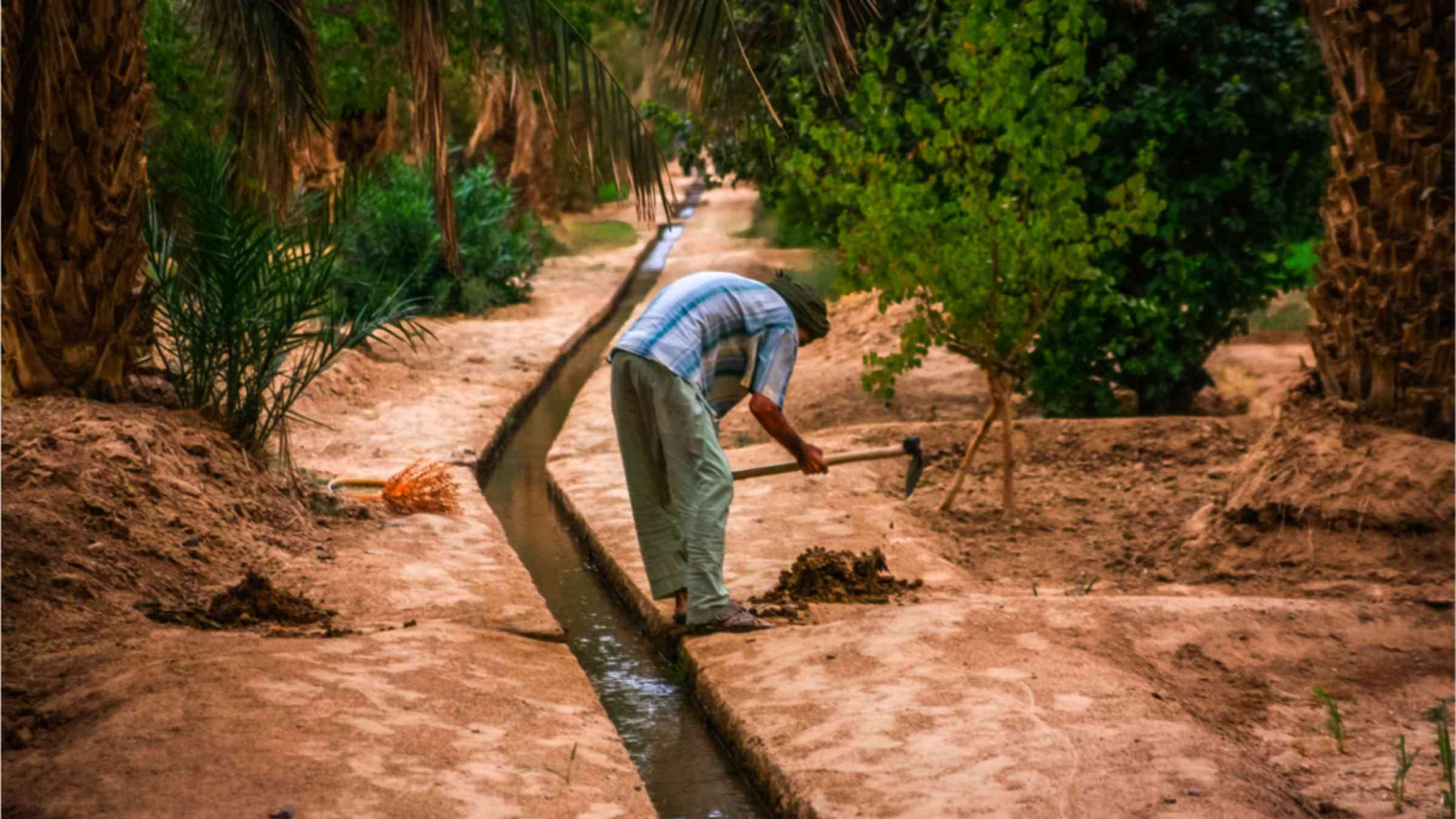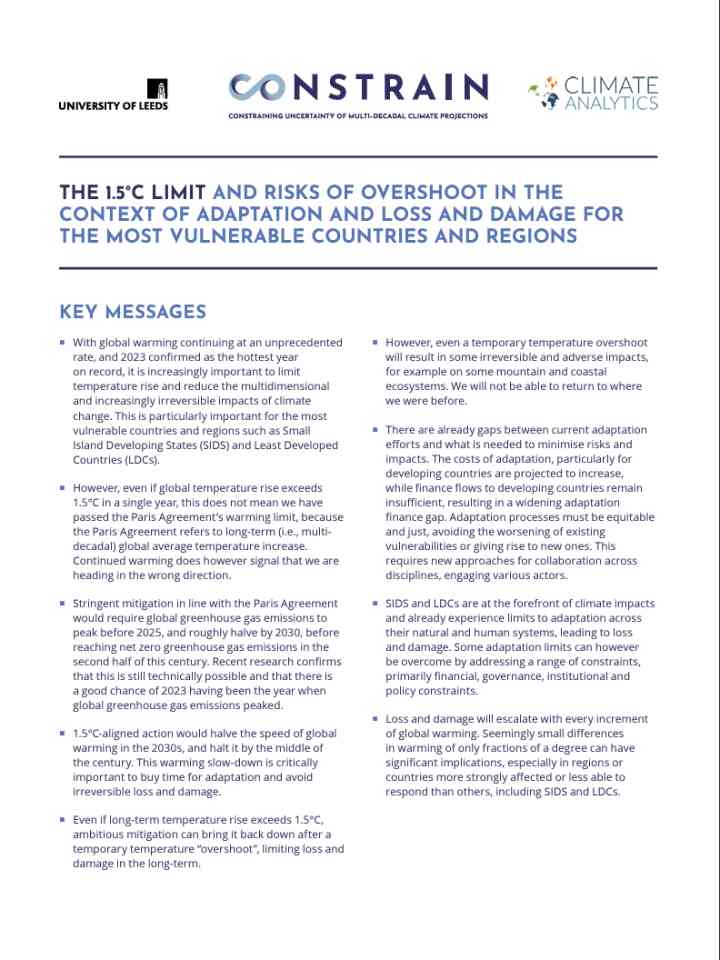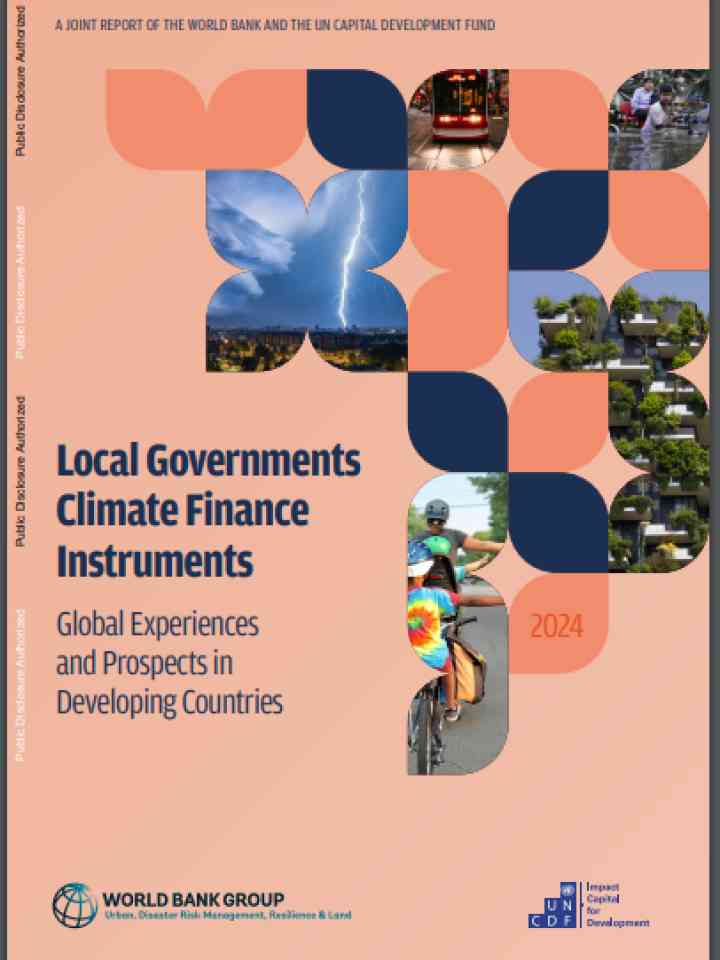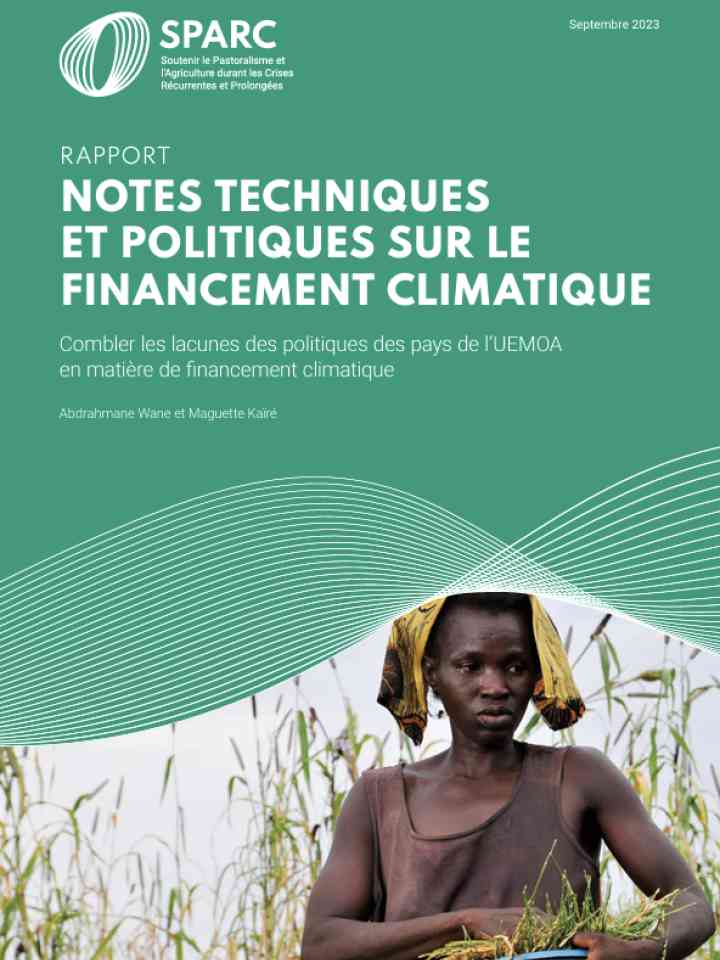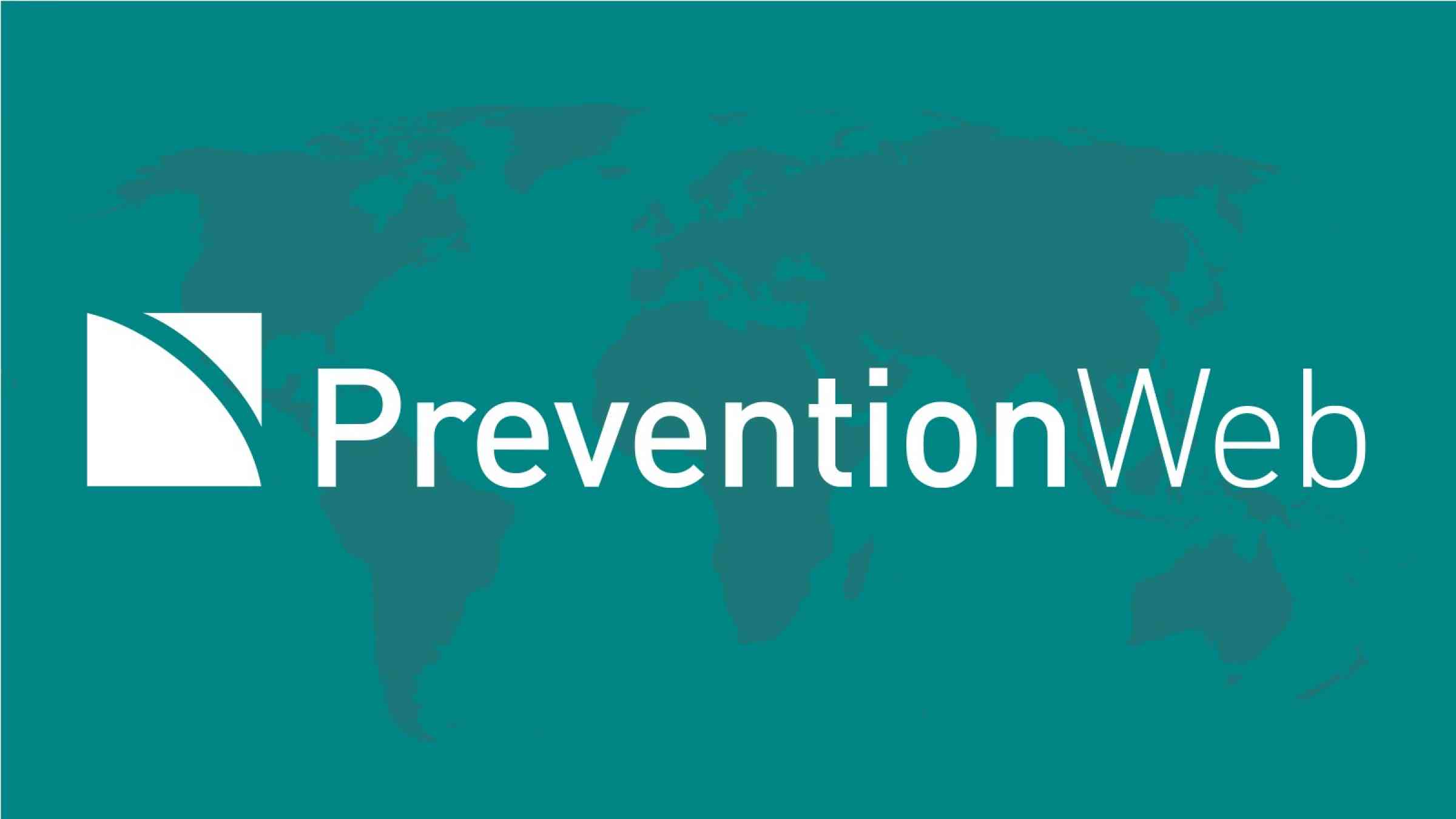Economics of DRR
Τhis theme covers economic analysis supporting risk-informed investments and better investment planning and financing strategies for disaster risk reduction. It also adresses post-event economic loss and impact assessments, cost benefit analysis and other DRR investment appraisal techniques, ex-ante economic impact assessments.
